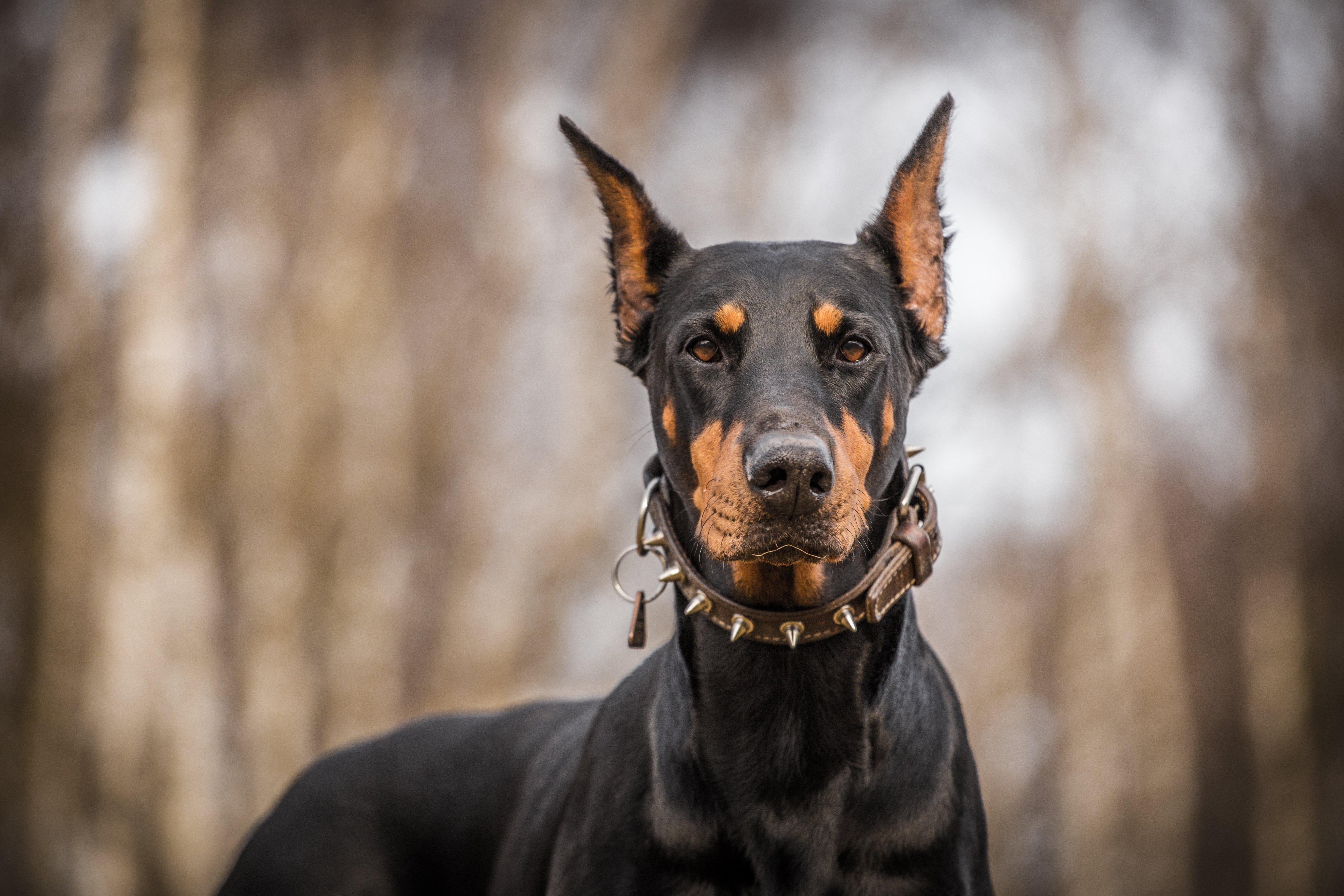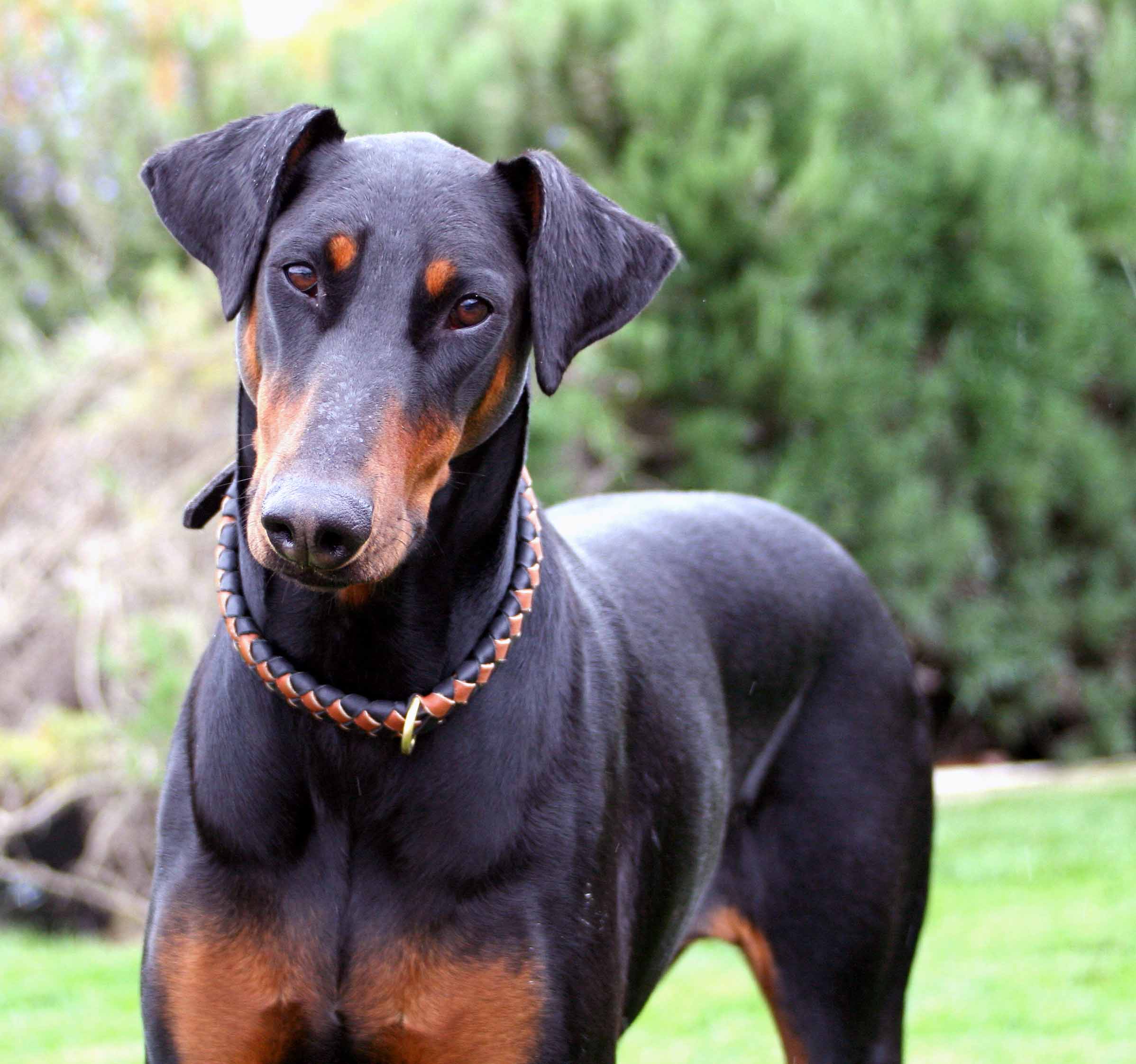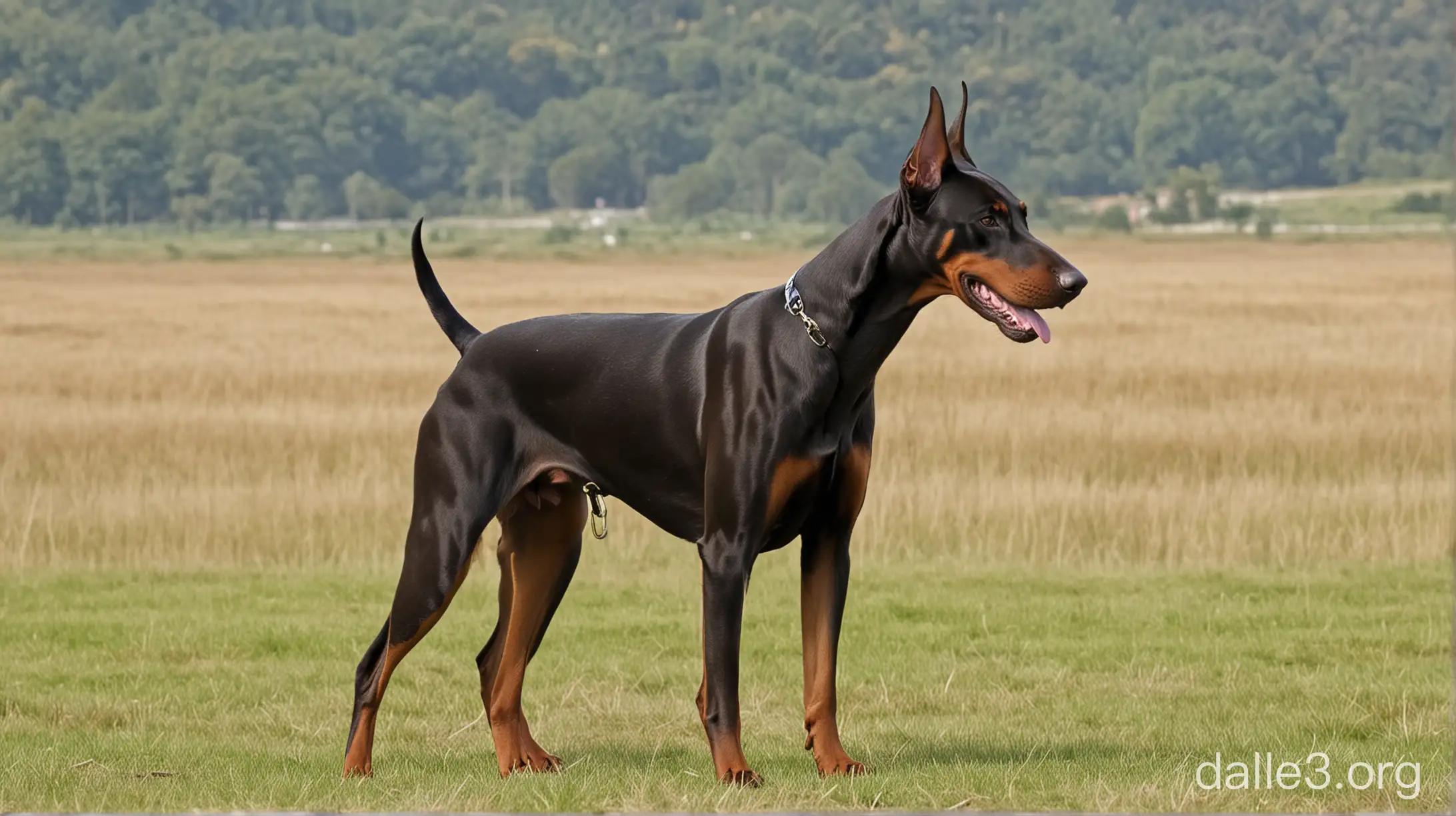Doberman Pinschers: Exceptional Guardians with Complexities
Thesis Statement
Doberman Pinschers are highly intelligent and athletic dogs renowned for their exceptional guarding skills. However, their complexity as a breed requires careful consideration of their temperament, training, and socialization to ensure responsible ownership and prevent aggressive or fearful behavior.
Superior Guarding Abilities
Physical Attributes
Doberman Pinschers possess an imposing physical presence, with well-muscled bodies, powerful jaws, and muscular necks. Their athleticism enables them to respond quickly to threats and pursue intruders with speed and agility.
Intelligence and Alertness
These dogs are highly intelligent and alert, possessing an innate instinct to protect their family and property. They are quick learners, making them highly trainable for guarding purposes. Their alertness makes them excellent watchdogs, detecting suspicious activity and alerting their owners.
Emotional Complexity and Temperament
Loyalty and Affection
Doberman Pinschers are fiercely loyal and affectionate towards their owners and family. They form strong bonds and are known for their protective nature. However, their loyalty can also lead to overprotectiveness if not properly socialized and trained.
Sensitivity and Reactivity
Despite their reputation for being aggressive, Doberman Pinschers are actually quite sensitive and reactive dogs. They require a consistent and firm handler who can establish clear boundaries and prevent them from developing fear or anxiety.
Training and Socialization for Responsible Ownership
Early Socialization
Proper socialization is crucial for Doberman Pinschers from an early age. Exposing them to a variety of people, animals, and situations helps them develop confidence and reduce the likelihood of fear-based aggression.
Obedience Training
Obedience training is essential for all Doberman Pinschers, regardless of their intended purpose. It teaches them basic commands, such as sit, stay, and come, which provide control and prevent them from reacting impulsively in stressful situations.
Guarding Training
Specialized guarding training should only be pursued by experienced professionals and should focus on teaching the dog to distinguish between genuine threats and normal activities. It is important to avoid fostering unnecessary aggression or fear.
Critical Analysis of Perspectives
Misconceptions about Aggression
Doberman Pinschers have a reputation for being aggressive, but this is often due to improper training or socialization. With responsible ownership, they can be gentle and affectionate companions.
Ethical Concerns
Some argue that using Doberman Pinschers for guarding purposes raises ethical concerns, as they are powerful dogs that could potentially cause serious injury or harm. It is essential to weigh the potential benefits and risks carefully before choosing this breed for protection.
Implications and Conclusion
Doberman Pinschers are exceptional guarding dogs with unique complexities that require responsible ownership and careful training. By understanding their temperament, providing early socialization, and investing in appropriate obedience and guarding training, owners can harness their protective instincts while ensuring the dog's well-being and preventing aggression.
The complex nature of Doberman Pinschers highlights the importance of responsible dog ownership and the need for breed-specific training and socialization. By addressing the potential complexities of this breed, we can ensure that Doberman Pinschers continue to be highly valued and respected as guardians and companions for generations to come.
Cane Corsos And Their Powerful Appearance: Fun Facts
Why Doberman Pinschers Are Great For Active Individuals
Are Australian Mist Cats Rare Outside Australia?



